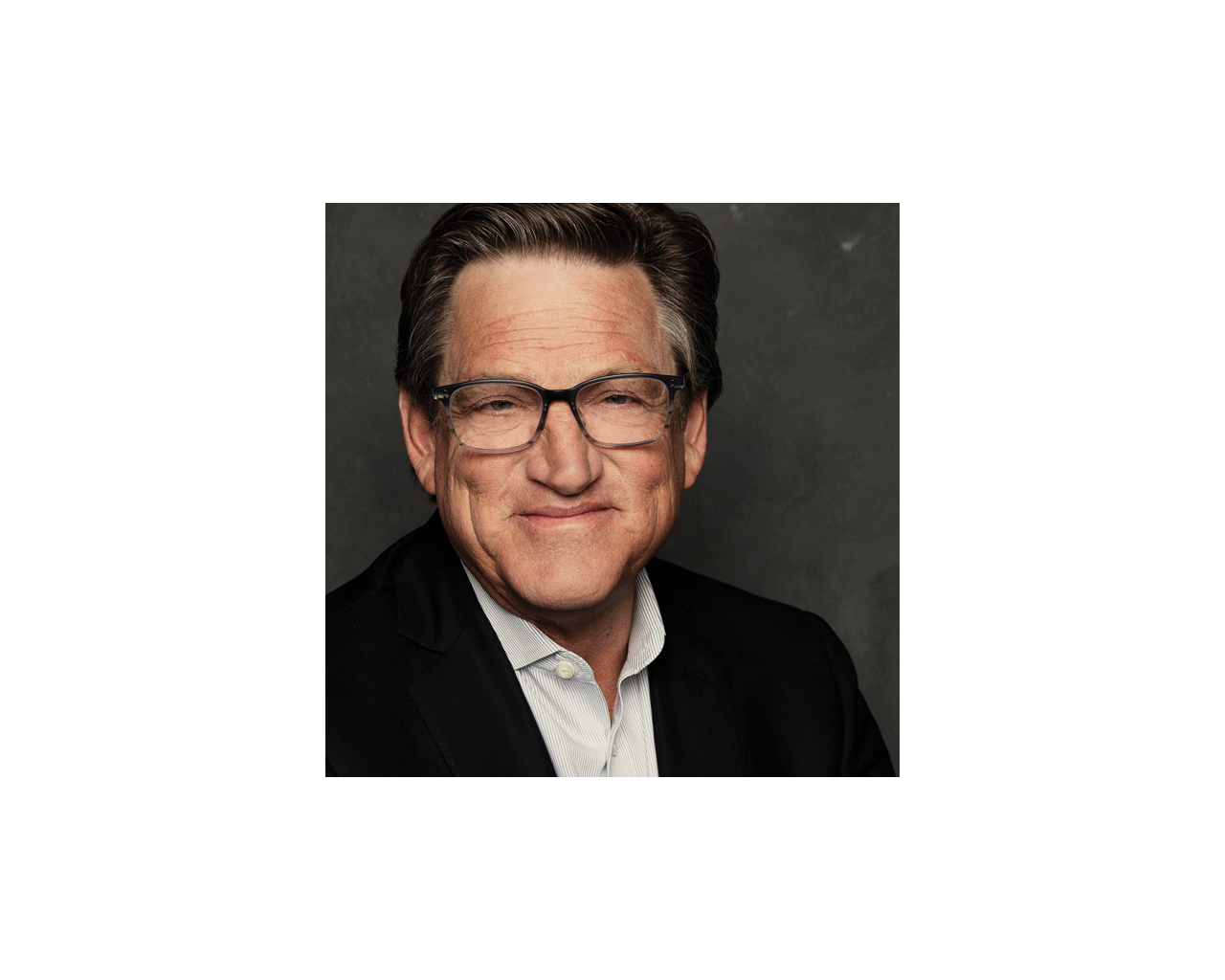The U.S. healthcare system per se is not on the ballot for the nation’s presidential election this year. Polls indicate economic issues are what matter most to voters, with inflation and the cost of living their primary focus. It is in this context that healthcare affordability and issues related to healthcare costs will surface in campaign rhetoric.
The context in which voters consider healthcare issues like affordability is based on personal circumstances. Studies show health status, insurance coverage and household income are key factors in how much voters use the healthcare system and their attitudes about its effectiveness. Against this backdrop, the presidential candidates will face an electorate in which the majority hold a negative view of the health system. Consider that:
- Polling by Gallup about the medical system among U.S. adults has shown a gradual erosion of “trust and confidence,” dropping from 80% in 1975 to 38% last year.
- In a November 2023 Keckley Poll, 69% of adults agreed that the U.S. health system is fundamentally flawed and in need of major change. Sixty percent agreed the health system “puts its profits above patient care in day-to-day operations,” and 52% said they “feel confident in their ability to navigate the U.S. system when they have a problem,” versus 32% who have mixed feelings and 16% who aren’t sure.
- A Kaiser Family Foundation poll in February 2024 found that 74% of U.S. adults worry more about unexpected medical bills than any other financial concern—well above fears about food, energy and housing.
With the notable exception of abortion rights in which candidates are pressed for specifics, proposals on issues like affordability will not be advanced beyond aspirations that align with the platforms of their respective political parties. The 10 issues in the chart on Page 49 reflect those distinctions.
Each campaign will opine support for policy changes without offering details on what, when and how. Each will recognize the roles states and courts play in directing health policies, and neither will propose transformative policy changes like privatizing Medicare or adopting single-payer healthcare because they’re too risky.
Implications for Healthcare Leaders: How to Address Stakeholder Messaging
Healthcare leaders are expected to be informed about regulations and issues that impact the sustainability of their organizations. While activism in political campaigns is generally discouraged by boards of directors, informing key stakeholder groups—media, employees, trustees/directors—about policy proposals is a vital part of the leader’s role. In these communications, three themes should be integrated to optimize credibility and impact:
- Election Uncertainty: Election outcomes are hard to predict. Equally complicated are health policies, regulations, court decisions and trends that could impact the health system’s future. Caution should be reflected in predicting election outcomes and their impact on the health system.
- Business Practice Transparency: Stakeholders expect full transparency regarding financial, clinical and administrative business practices and results in every healthcare organization. A tone of candor is required to address a growing backlash against the system’s opaque pricing and consolidation to build trust. Leaders who encourage stakeholders to promote a specific position on a political issue or to provide support for a particular candidate risk losing community support in this highly charged political environment. Messaging must be thoughtful, necessary and respectful.
- Purpose: While the maladies of the health system are multifactorial and complicated, the focus of leader messaging must be about solutions rather than blaming others. The healthcare system is unique: It’s vital to communities, the economy and every household. Its future is uncertain, requiring leaders to be leaders.
The result of this year’s presidential election will set the stage for healthcare’s future at a time when its critics are loud and its value proposition to voters uncertain. Though it might not be a dominant theme in campaign rhetoric in the coming weeks, healthcare is certain to play a significant role in who occupies the White House next year.
Paul H. Keckley, PhD, is managing editor of The Keckley Report (pkeckley@paulkeckley.com).



